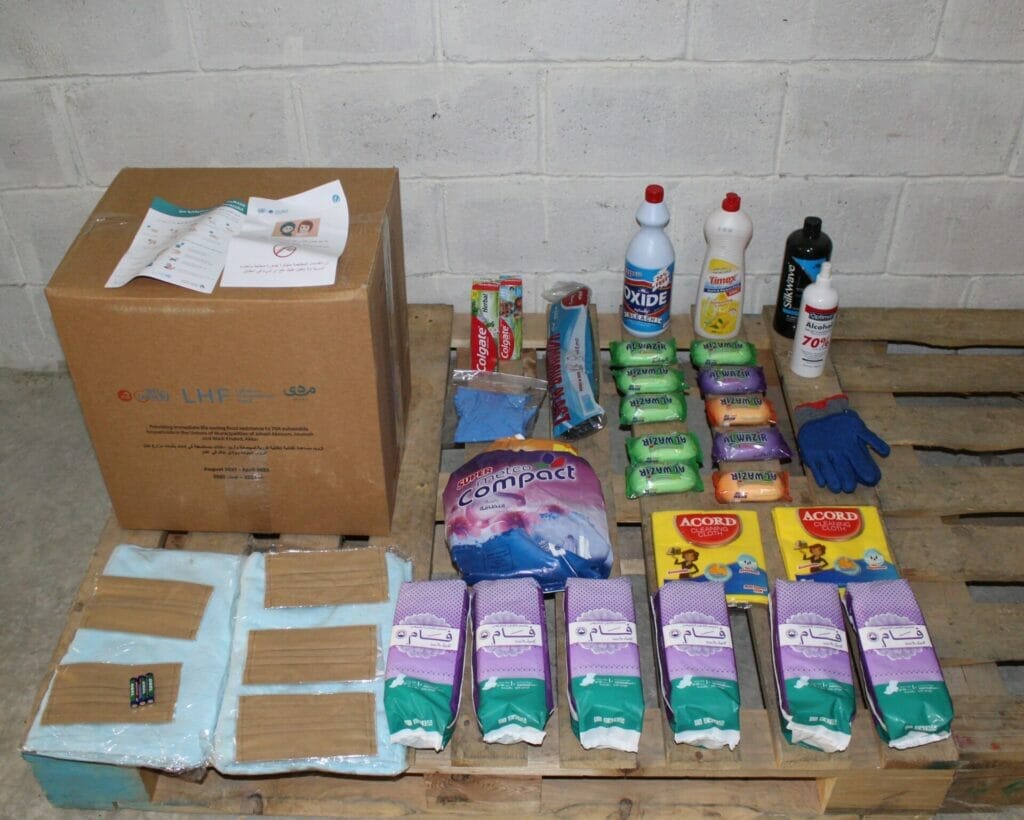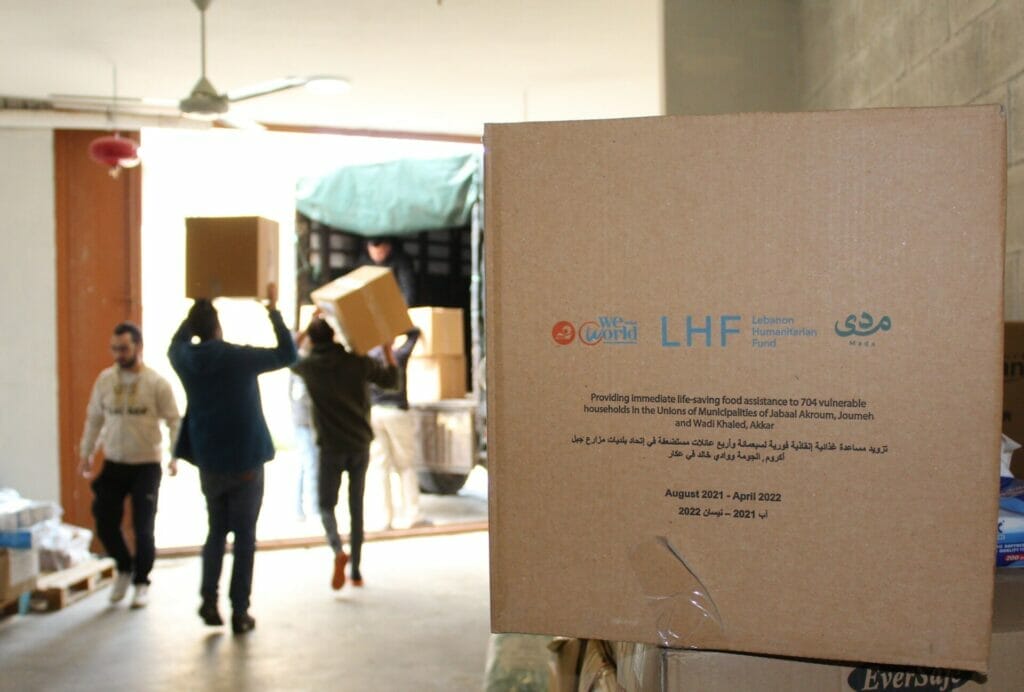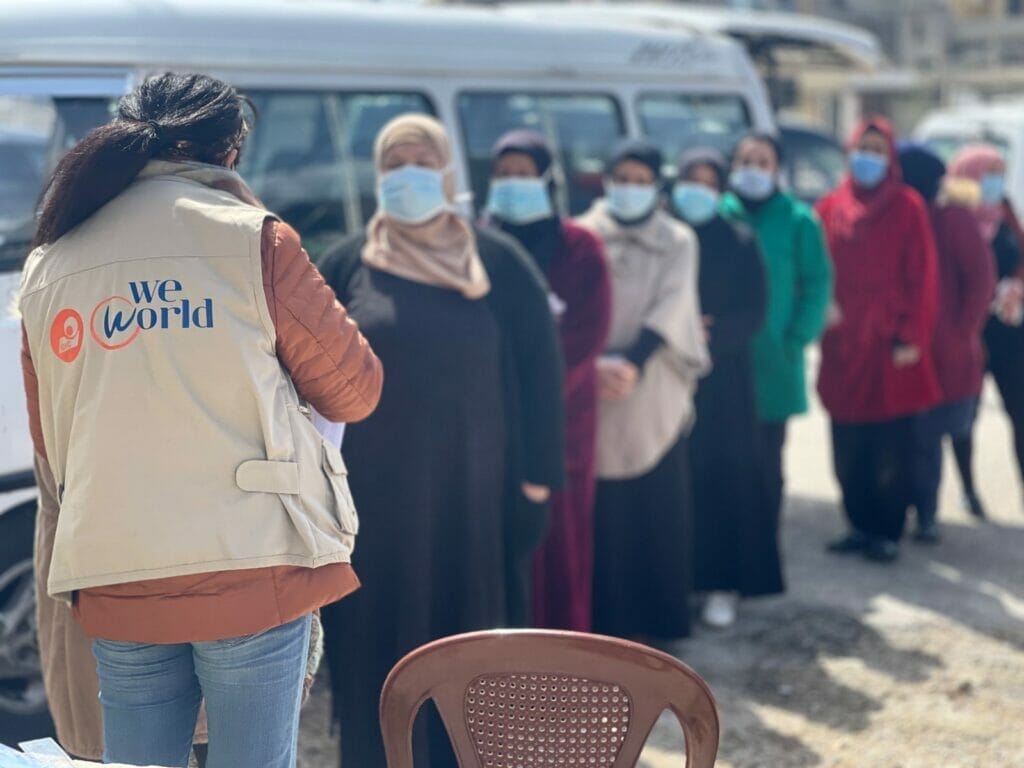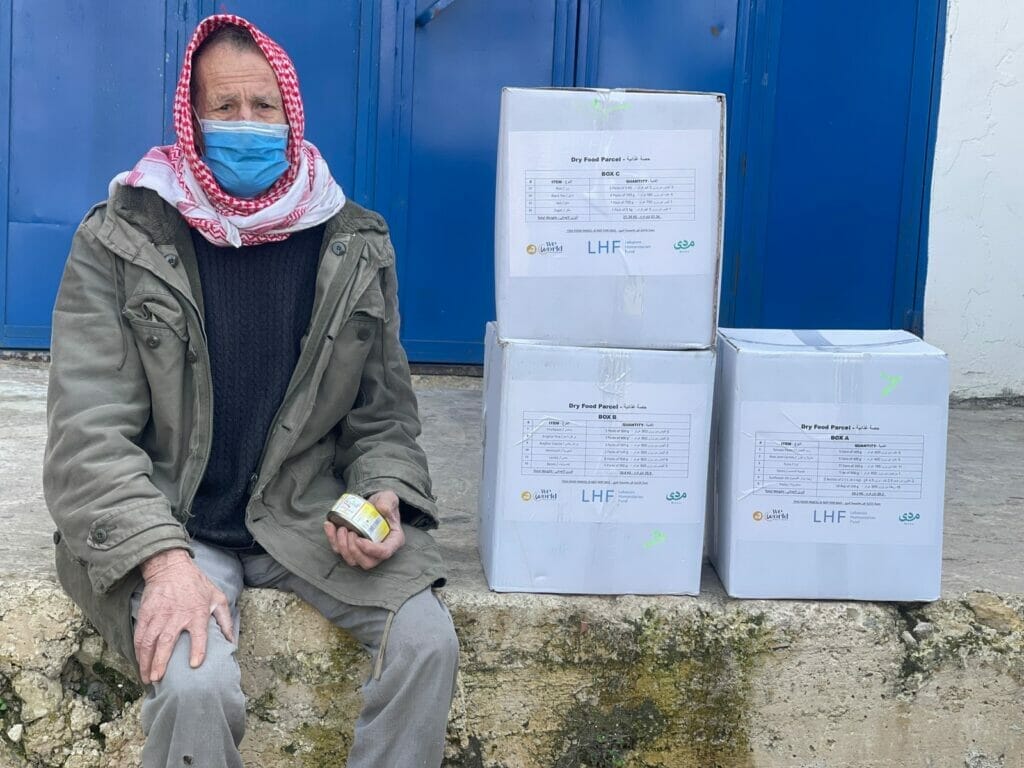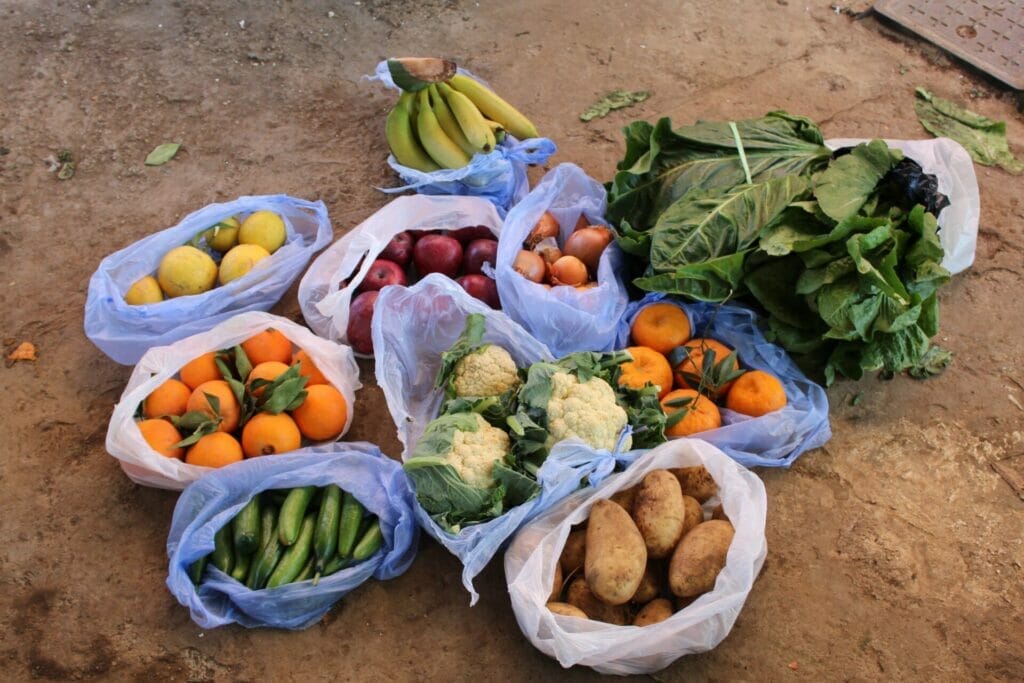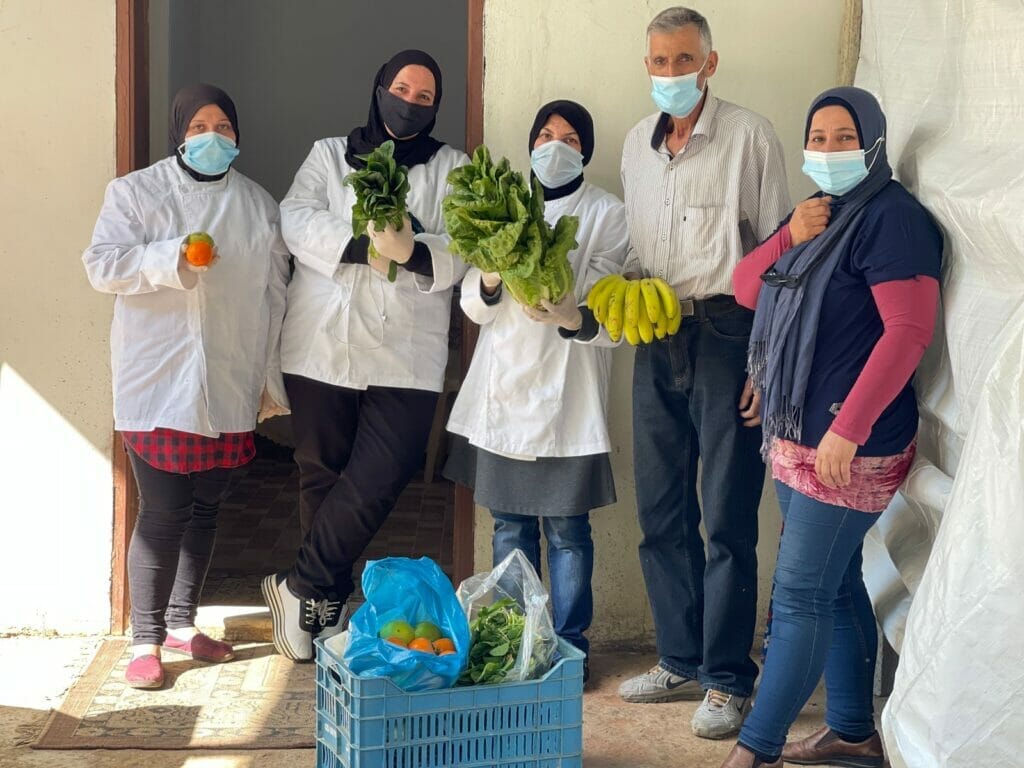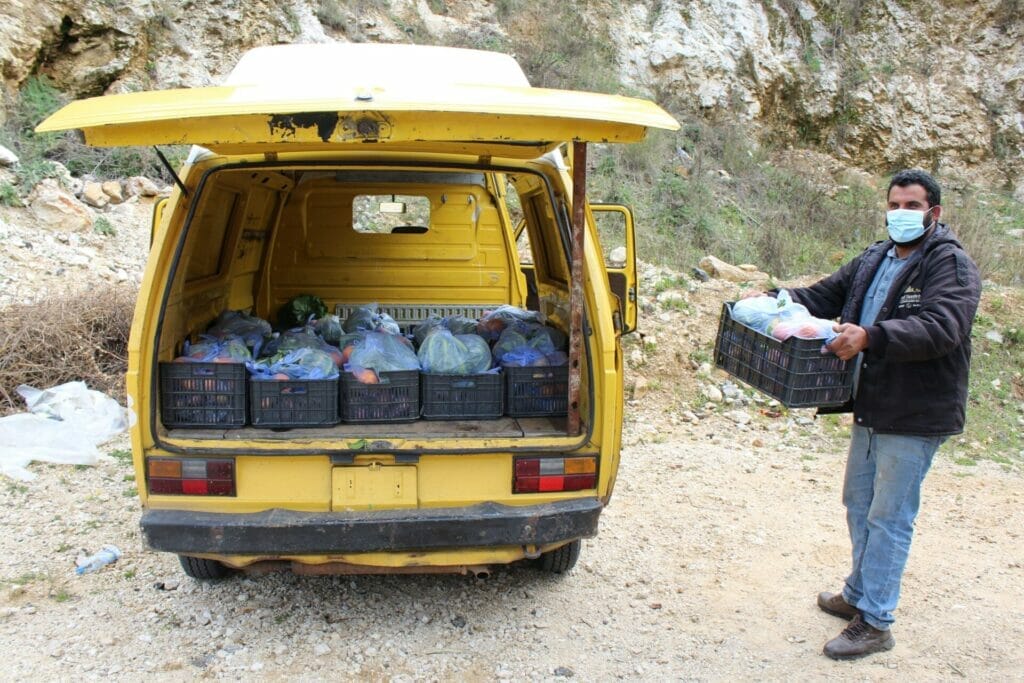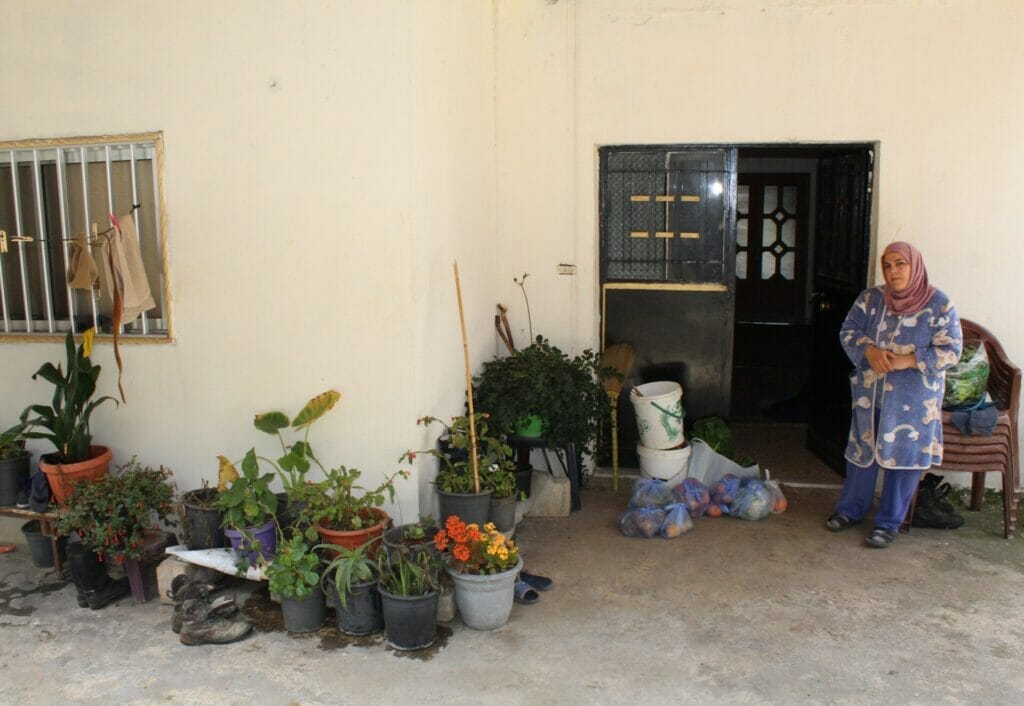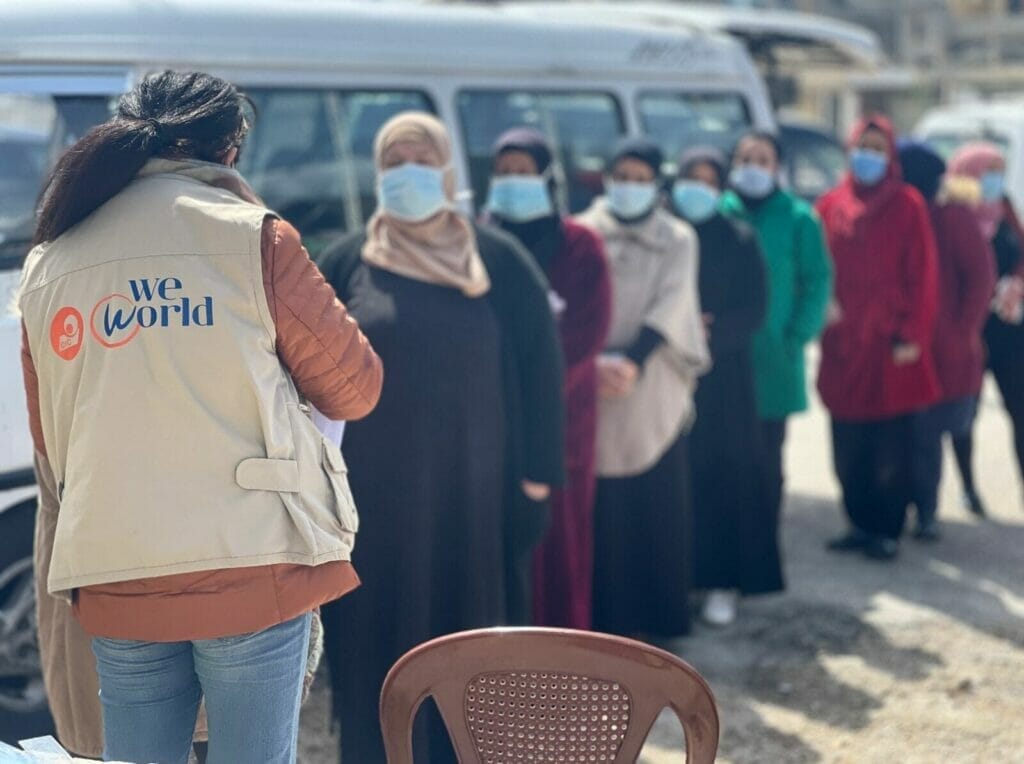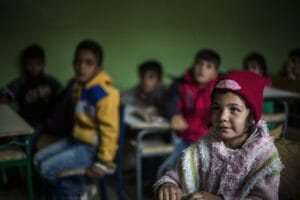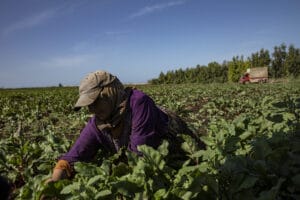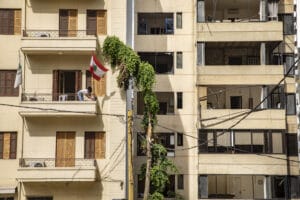
The economic crisis in Lebanon has rapidly deteriorated since 2019. The response to its critical impacts, which have concerned all levels of society, from institutions to households, has been hindered by several factors of which the most relevant are related to years of misgovernment, corruption, lack of planning and finally the disruption of the Covid-19 pandemics and the devastating Beirut port explosions in August 2020. According to the World Bank, recovery will take over two decades. In this light, the upcoming elections do not seem to lead to the formation of a government capable of carrying out reforms responding effectively to the crisis.
In this context, the Lebanese pound has undergone a dramatic loss of value and is now worth 15 times less than the official rate exchange. At the same time, salaries remained the same as before: a wage of 1,500,000 LBP was equal to 1,000 USD in 2019 and is only close to 55 USD in 2022. As a consequence, over 78% of Lebanon's population is now living in poverty and more than 36% in extreme poverty, according to the UN. Most families are struggling to meet their dietary daily needs and have limited capacity to access basic services such as water, health and education. Moreover, shortages in electricity, with power ensured in the main cities only a few hours a day, and the increase in the fuel price due to the removal of state subsidies, represent a further challenge for warming the houses – especially during the last long winter.
The institutions and our intervention
Before the recent crises, most services were provided by the private sector. However, with the economic recess, more and more families are subscribing to the public sector. It is partly why the institutions, already overstretched, are further eroding and the populations’ needs remain unattended: people’s reliance on humanitarian assistance has therefore increased.
Since 2015, we have been working in the water sector, building relationships with local authorities and institutions. To ensure an effective and sustainable public water service, now more necessary than ever, we have been working alongside the Water Establishments and communities, designing together strategies to improve the infrastructural and management components of the service, as well as ensuring the engagement and the behavioral change of water users.
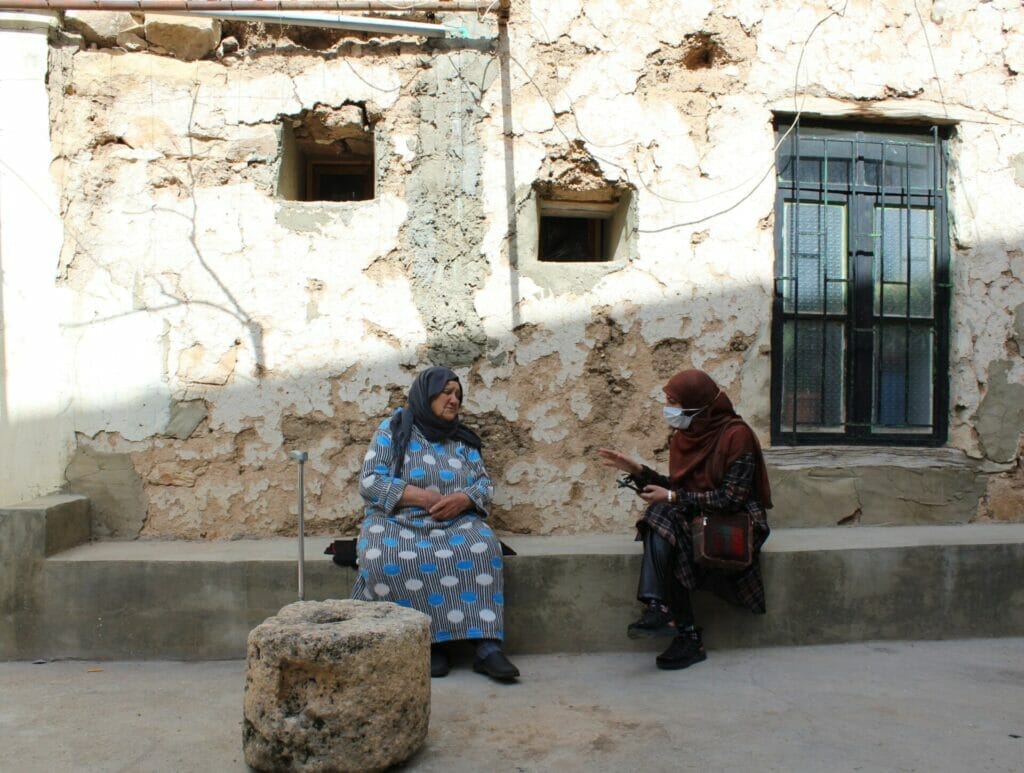
Tackling the competition over basic needs
The limited access to resources and services is generating more and more tensions, also between Lebanese host communities and Syrian refugees. The latter have arrived since the start of the war in 2011 and are today over 1,5 million, among which 90% of households are leaving in extreme poverty.
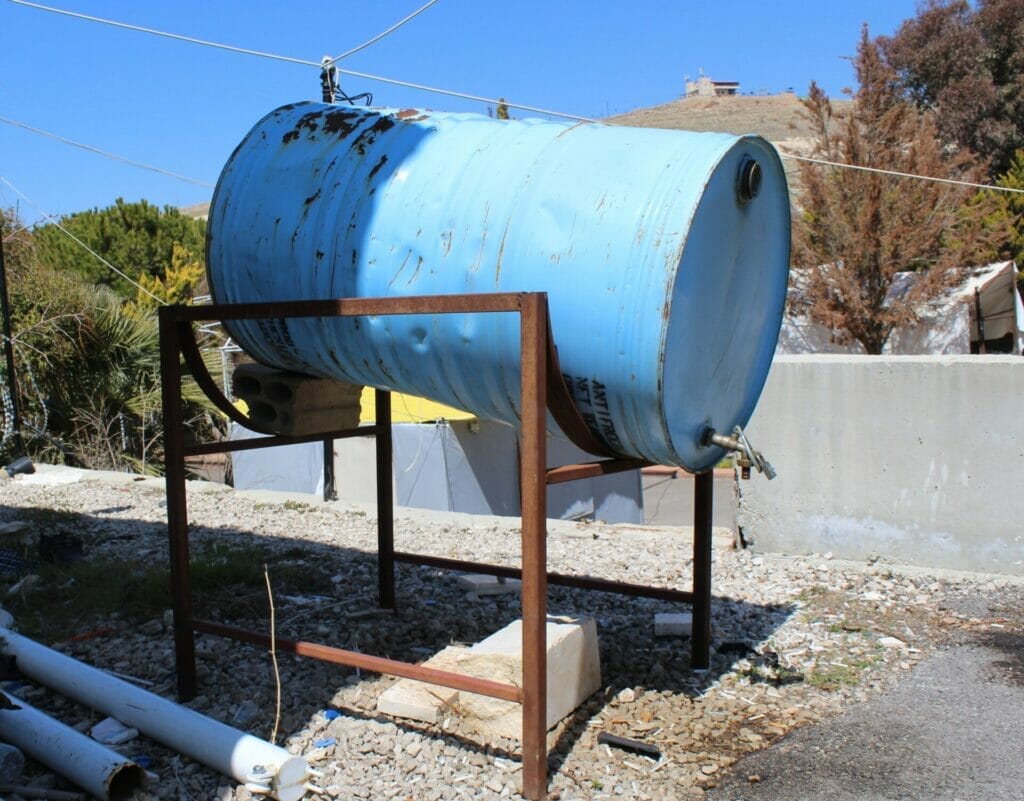
In the North of the Bekaa valley, we are implementing a long-term project on local economic development, which is designed to be inclusive and participated by the different actors in the area, as a way to tackle the local tensions. Among other actions, the program foresees direct support to 1500 local farmers, cooperatives and 250 micro, small and medium enterprises in terms of technical needs and in accessing the markets. We put at the center of our intervention its social and environmental sustainability, by engaging local social groups and by introducing climate smart techniques in the agricultural production, that oversee the maximum conservation of the existing groundwater.
The struggle at household’s level
To face the current critical situation, in some areas of the country many households are adopting negative coping mechanisms to provide food, such as cutting off medical and educational expenses, selling their refrigerators, their washing machines or even their cars. It is why, since last summer, alongside our development interventions, we have implemented emergency projects in the villages of the northern mountainous area of Akkar, in the Governorate of the North. It is the region currently most affected by food insecurity, with more than a fourth of households suffering from it.
In Akkar, 681 households have been selected to receive hygiene kits and dry and fresh food parcels, counting a total of 3570 people, among which 1427 are children. 185 more households, almost 900 people, were provided with kits while they were isolated because of covid-19. The beneficiaries live in 14 villages built on hillsides and reachable through hazardous, narrow and slippery roads, next to the Syrian border. Most of these inhabited centers require a special permit to access them, which is released by the authorities. For the implementation of this project, we are working alongside our local partner MADA, an NGO well rooted in the area.
The beneficiaries who are unable to come to the distribution points are assisted with a door-to-door delivery. It is the case of many elderly, such as Najua, 81 years old, and Narha, 71, who live both in the village of Ed Daoura and are unable to move independently. They rely on their sons to provide for them and on their daughters or daughters-in-law for their everyday needs.
Najua’s son receives a pension from the Lebanese army of 40 USD, which is not enough in general and even less now with the devaluation of the Lebanese pound. He tries to work on the fields with a tractor and gets home whatever he is able to, but he is over 60 and has its own family to feed as well. On the other side, Narha’s son lost his job when the water station he was working for shot down with the crisis. He has been looking for a job for over a year, and the only one he has found was paying him not even enough to fill the fuel tank to get there on a daily basis. Before being selected for our project, he would often give up on his heart’s medications to give them to his mother. Now, he has been able to quit such negative coping mechanism, as have many others beneficiaries thanks to the provision of the kits and parcels.
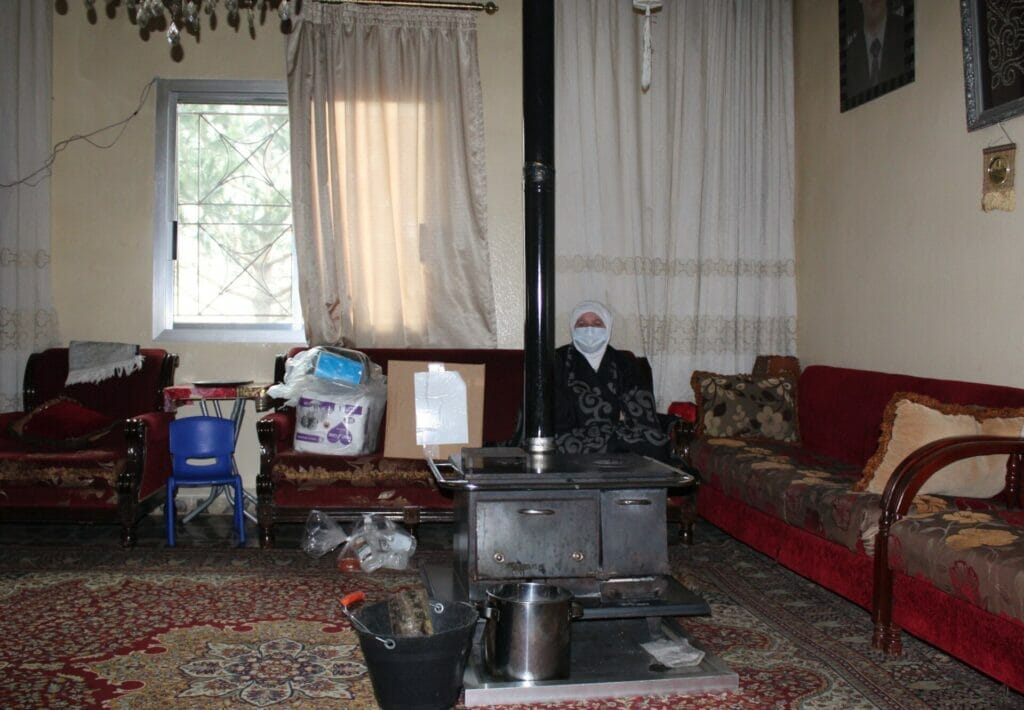
For our intervention, the local staff has enabled several monitoring and complaint tools, such as house visits, a WhatsApp channel and a dedicated hotline. Through these mechanisms, we have been able to constantly redefine the kits contents and quantities to match the dynamic needs of the selected households, making them active actors and putting their dignity at the center of our work. The success of the intervention is shown by the recorded progress in terms of nutrition and on the capacity of the beneficiaries to redirect expenses to non-food items or to non-basic ones.
An indirect sustainable effect of this emergency intervention has been the empowerment of the involved cooperatives and of our local partner MADA through trainings, which have increased their capacities in terms of work, management and monitoring. For the cooperatives, working with NGOs has been one of the sole opportunities in the last years. It is why projects like this one, even if they might seem small from the outside, have a much-elaborated logistical side and are fundamental for the areas that benefit from them. Based on the positive feedback received from the direct and indirect beneficiaries, we are planning to start a new one this summer, with the intention to keep helping Lebanese vulnerable households overcome this difficult conjuncture.
A visual story of our distributions: from logistics to households
